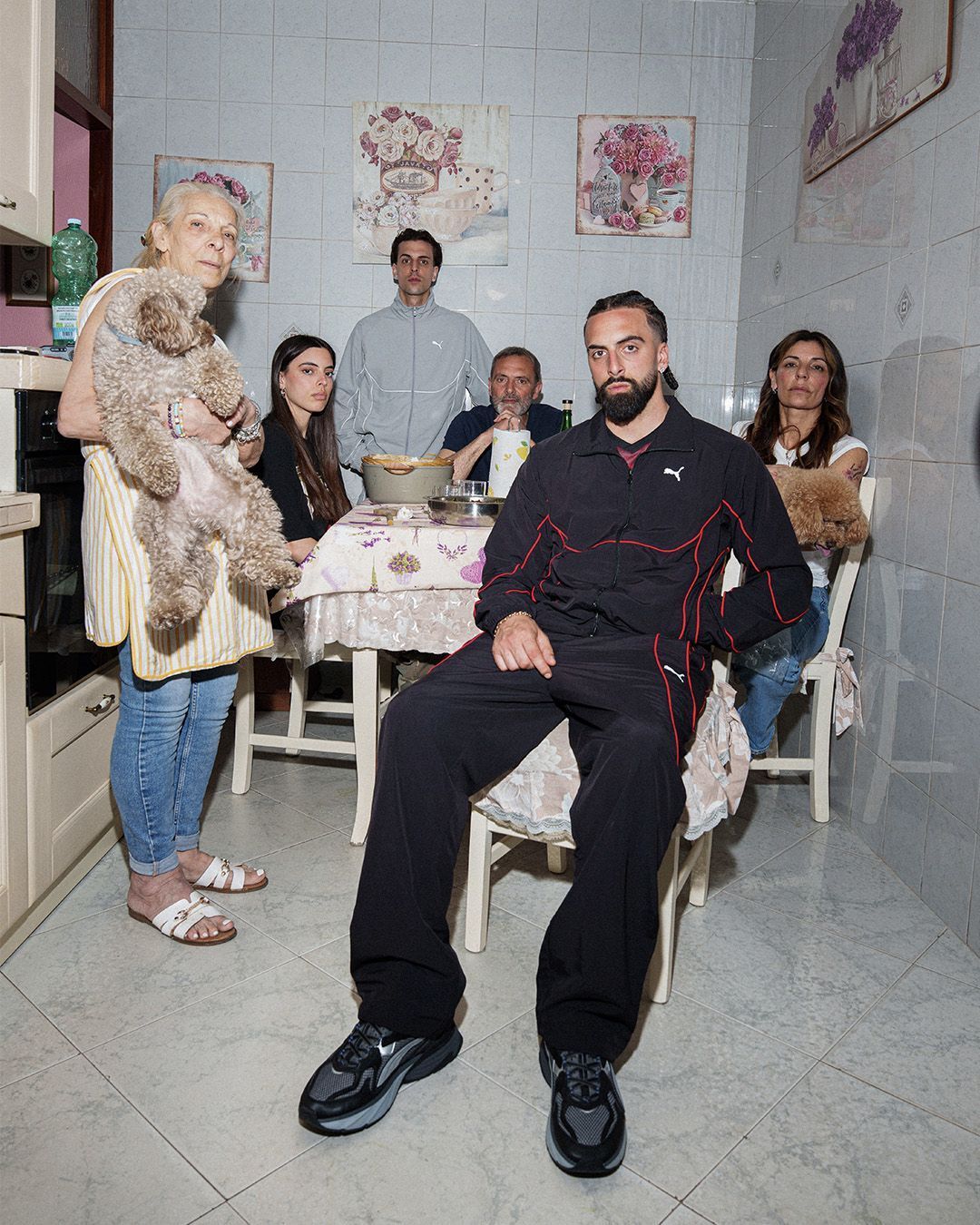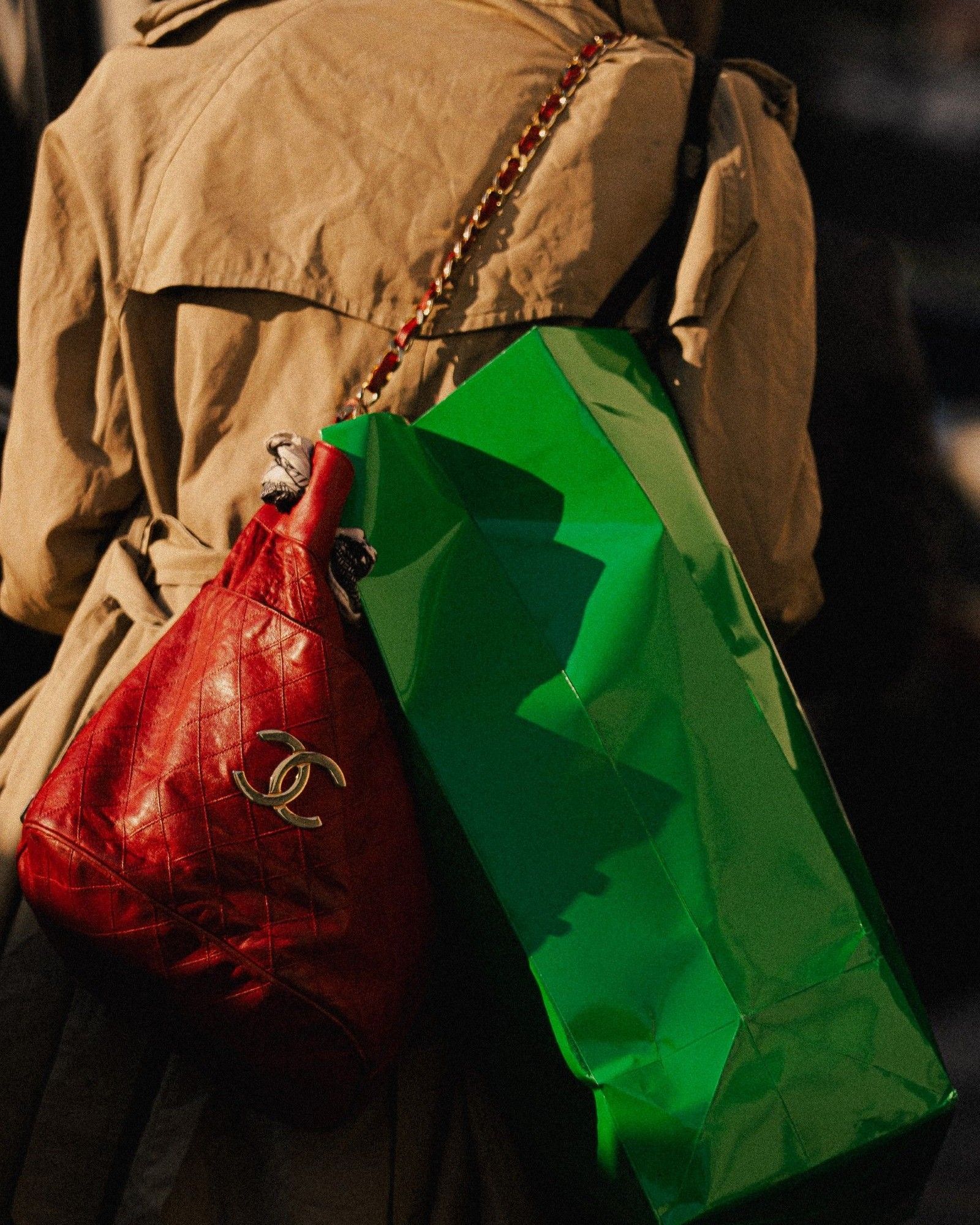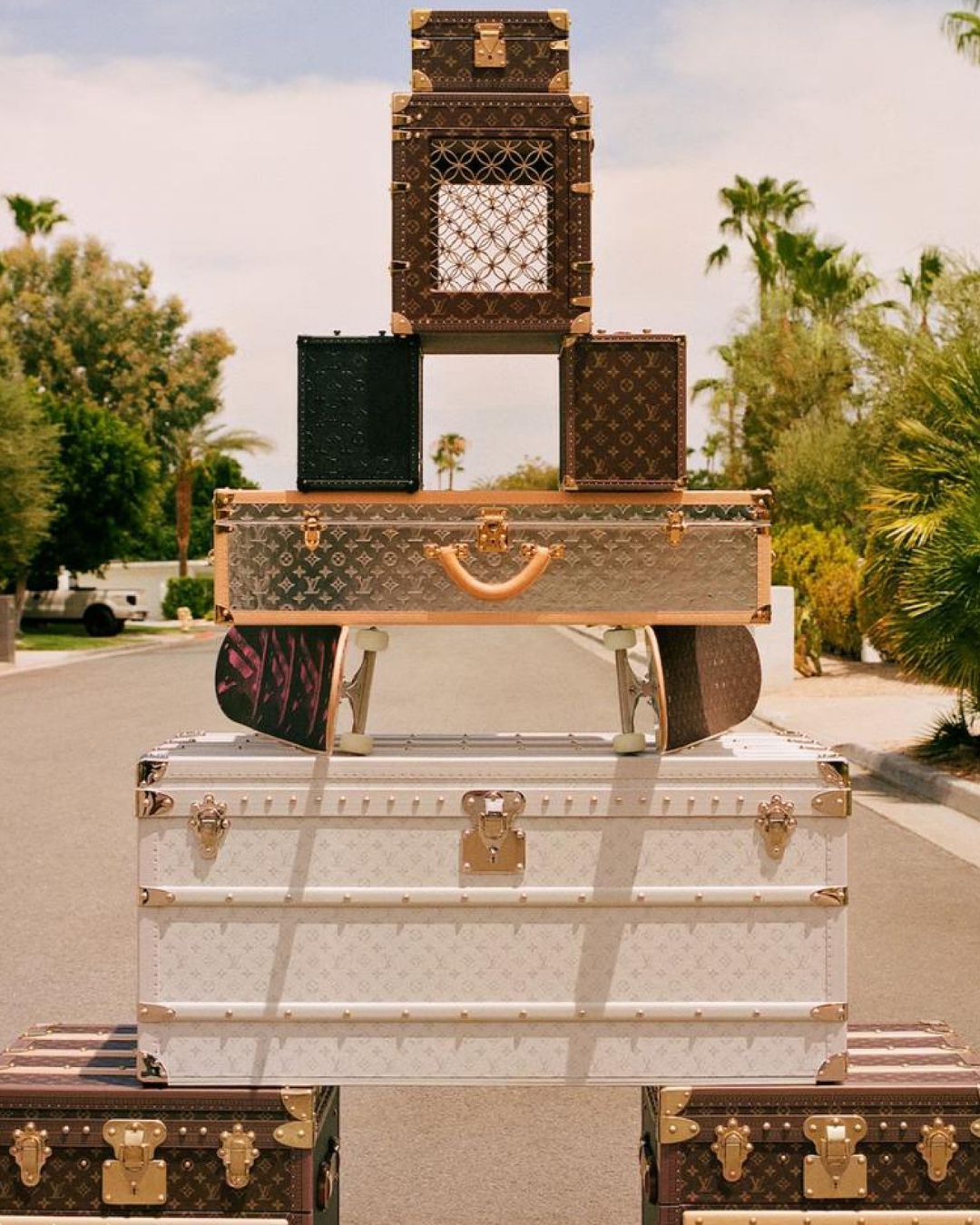
2018 was the year of resell From primetime to Sneakerness, 2018 was the breakthrough year for the resell market
The Blob called 'sneaker market' in 2018 has been invigorated, enormously grown to seem unstoppable, even more so because it's circled by a strong army, ready to defend the logic that regulates its growth. We are all blowing in a bubble that does not seem to be about to explode, but it is losing pieces, the disappointing long-time fans, affected by the weight of changes. This problem is not common to the crowd of new hypebeasts, attracted by the economic possibilities hidden behind a pair of Air Jordan or a Supreme Box Logo. 2018 was the 'Striscia la Notizia' year, what was a sort of nerd fetish for shoes came out of the closet, not too timidly. 2018 was also the year of the great events dedicated to the reselling world, from Sneakerness last October to Kikit.
The Community
Let's start from the most evident point, the audience has increased. The closeness that has been created with the products has caused, in 2018 as never before, to a decidedly young community to approach the logic of marketing, sale and especially of resell, which is not a new phenomenon, this is the biggest misunderstanding that we tried to clear up this year, above all to defend ourselves from the critics of the primetime TV. The market did not try to do it in a different way, but the brands have established a new relationship with consumers. Younger children approached without shyness, showed an awareness of the system, sometimes failing to betray the weak knowledge about the product.
The resell is a mechanism that bases its effectiveness on dissatisfaction, the more it increases, the more prices go up and the raffles increase. The resell price is the thermometer of the frustration that is felt in not gained the exclusive model of sneaker you wanted, or not having won the unlikely raffle or giveaway, effective methods to strengthen and extend the community.
2018 has left a negative wake behind it, a change in the mentality of long-time enthusiasts, who up until the early 2000s had feed their passion for sneakers easily, without limitations on accessibility to products. Now they are refusing to conform to this new culture and mentality, as shown by the many WTS (Want to Sell) of Supreme garments post on the community.
As in Wall Street
Last October we interviewed Josh Luber, founder of StockX, a platform that allows you to buy and control the prices of fashion merchandises on the market. He explained to us how in this year it was not the resell market to grow, but the global market to converge, the shopping approach has also changed. The success of StockX derives from the need for authentication and transparency asked by new consumers and, in the coming years, the wall between the primary market and secondary market will become increasingly thinner. The success of StockX is in having reached that level of transparency and authentication at the level of purchase, fundamental for a wild and primitive way of selling, based only on bargaining and not on parameters.
It is absolutely difficult to predict how much a product will maintain its value over time, now that fashions live seasons as intense as short, projecting us frantically into the future, without perhaps understanding what role sneakers have in the present. In this regard, the exchanges follow more and more entrepreneurial logic and we must ask what role investments have in the luxury trade, buying a product that after six months could "not go out of fashion" still has meaning? The resell market has started to make us think about our purchases as investments, and platforms like StockX and Flight Club have built their business model precisely on this idea, offering real-time data as in Wall Street.
RealReal, a luxury resale website, every year publishes a report to determine the items that "continue to give", lists the products that have suffered a decline in the last months and those that are growing in the resale market. What maintains a level of successful investment is still the leather merch of the big boutiques, from Hermes with the Birkin and Kelly bags, to Goyard, items that are reevaluated by more than 90%. On the other hand, some of the products considered timeless just a few years ago are losing value, such as Monsieur Gavriel's bucket bag or Chloè's Faye bag, down 10%. The prices of unusual brands are rising, thanks to collaborations with streetwear brands.
The resellers in this 2018 become institutionalized and the marketplaces are constantly growing, pushed by investment funds. Stadium Goods, also a physical store in New York, received funding for 4.6 million from LVMH, while Goat, in 2018, received 60 from Index Ventures. The entry of the luxury big names in the sneaker market started already in 2017, has expanded sales and investments, communication campaigns, images, posts, reaching the final consumer.
This Blob is taking on an indefinite form, in my opinion, the resell bubble won’t explode in the next months, and although it is contributing to divulge a culture which we took part, many times is governed by a discriminatory mechanism. 2018 was the maturity year for the resell market, we can’t imagine why and when it could finish, maybe not over 2021.























































